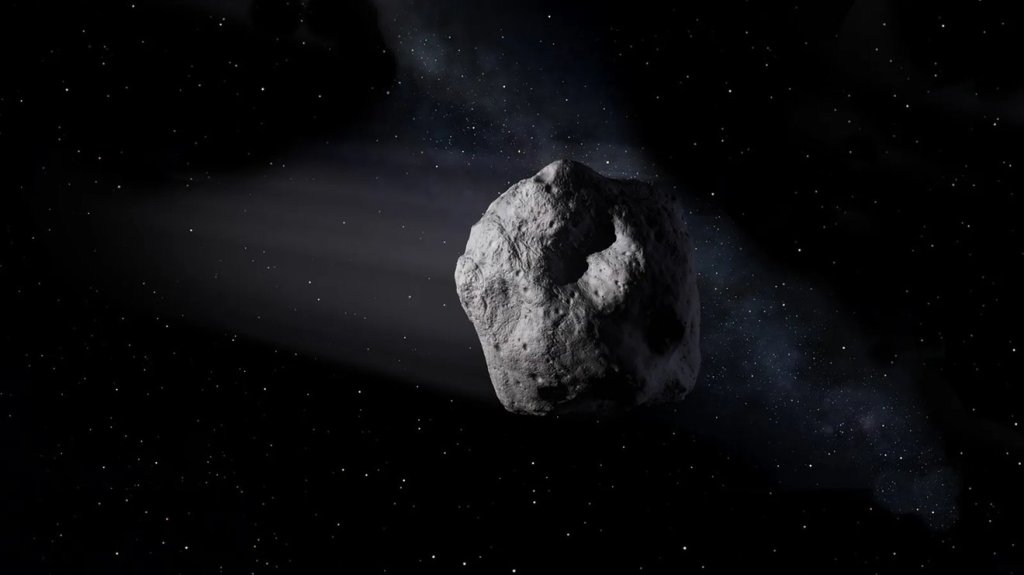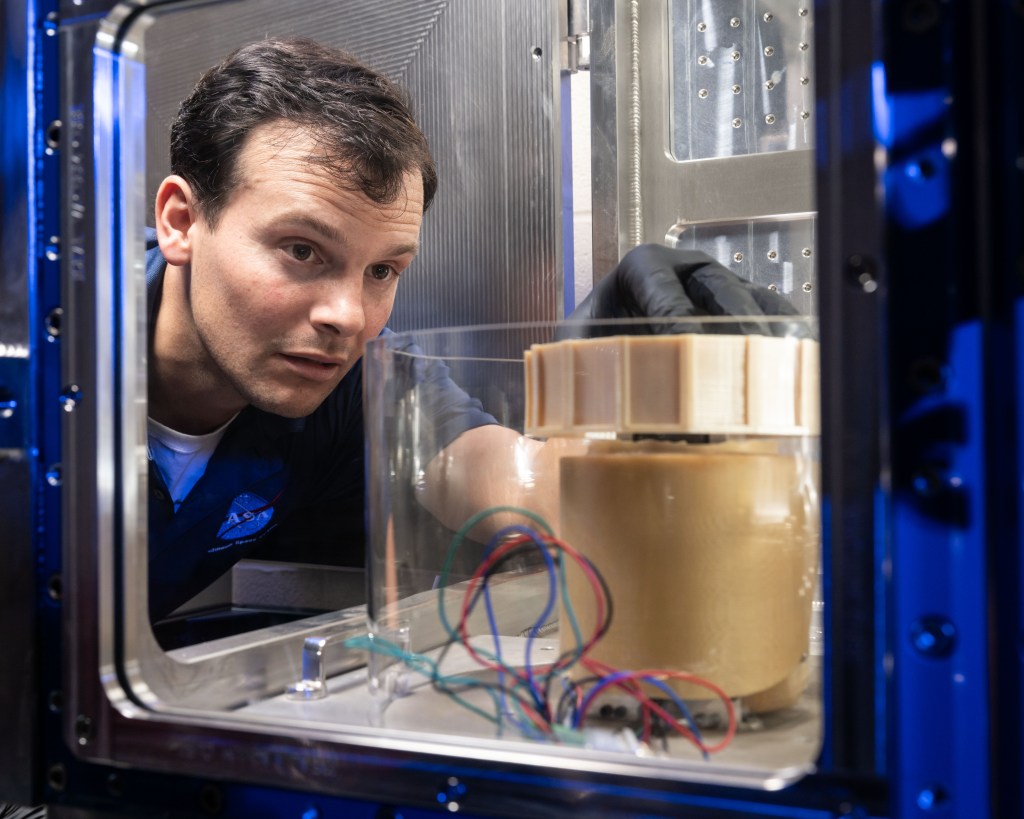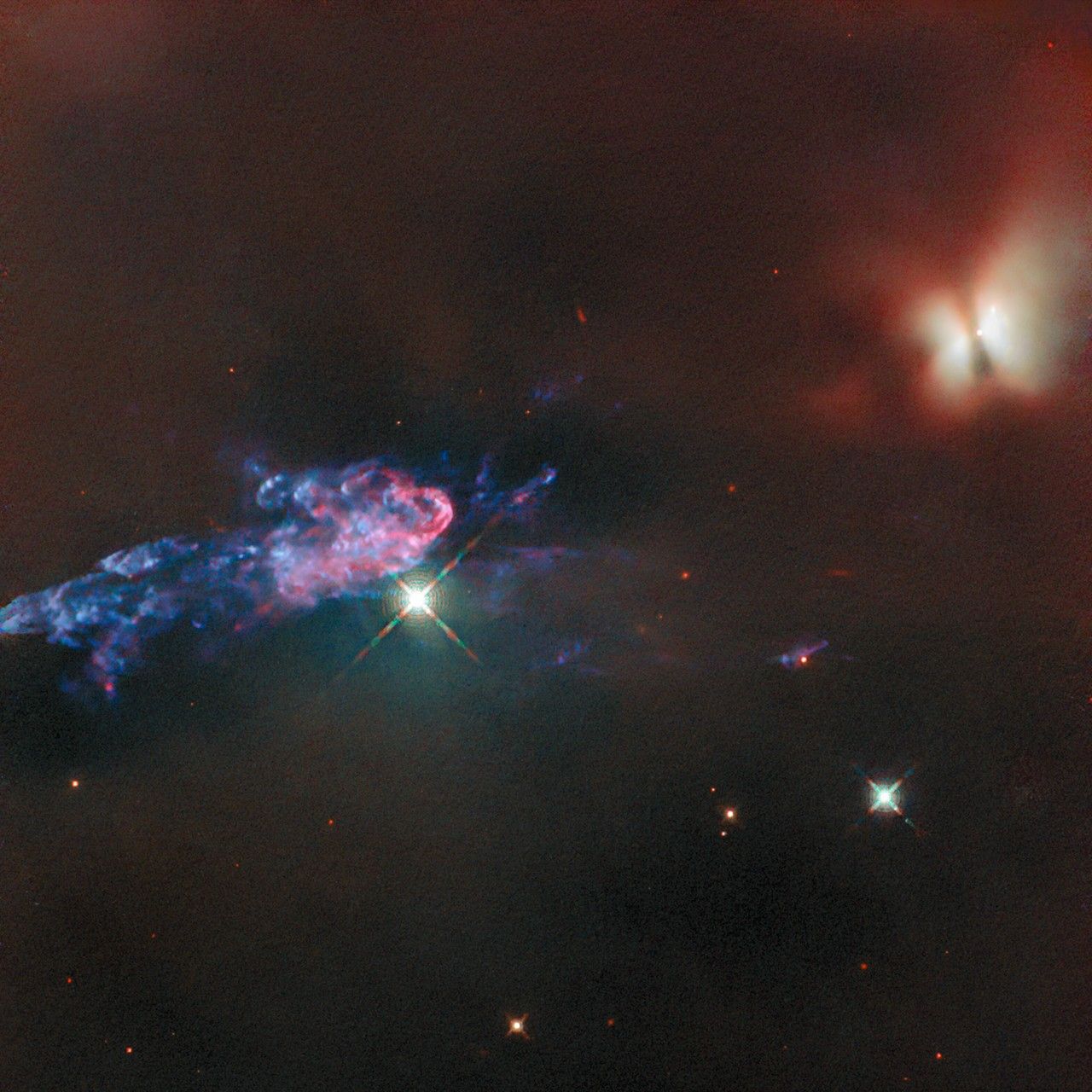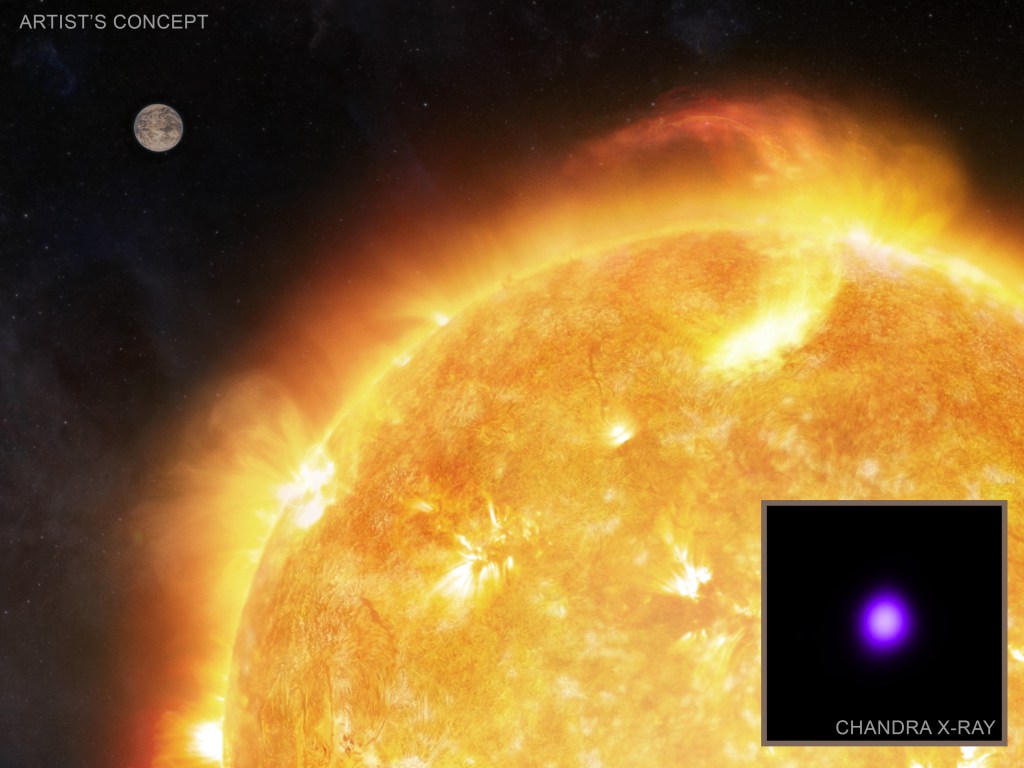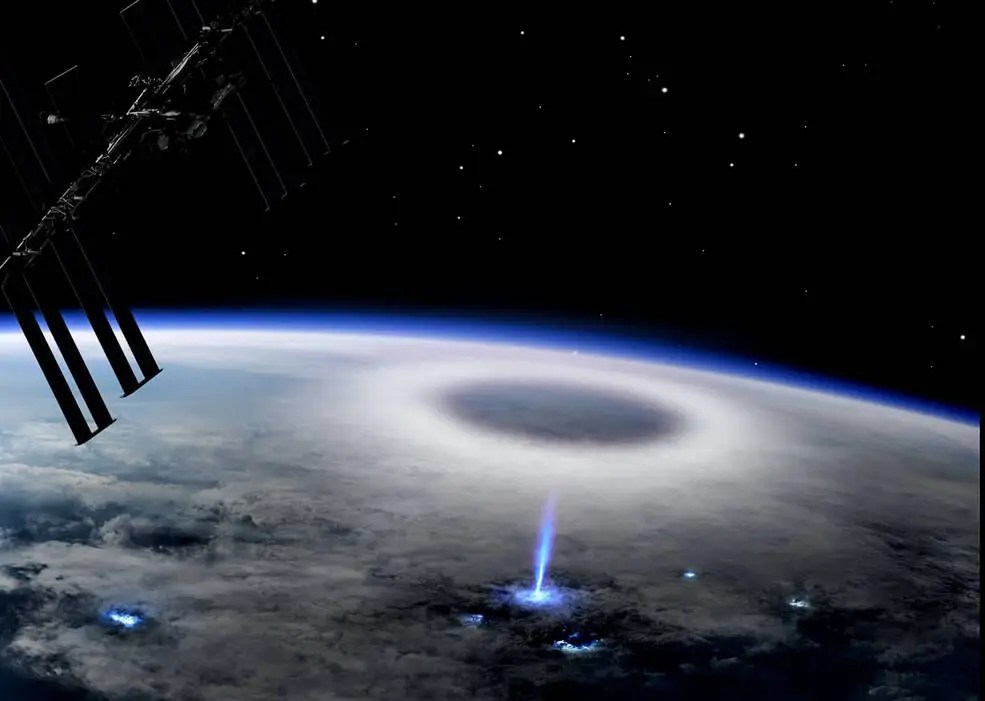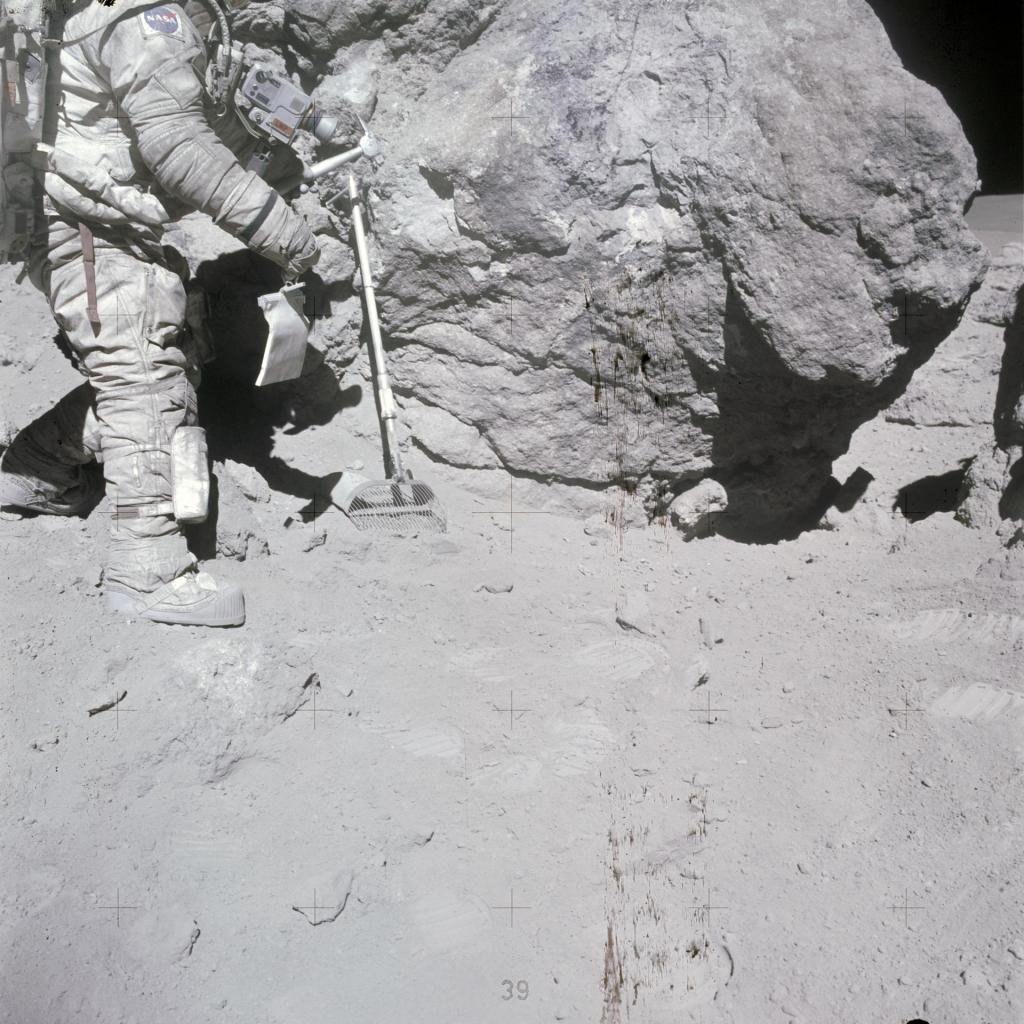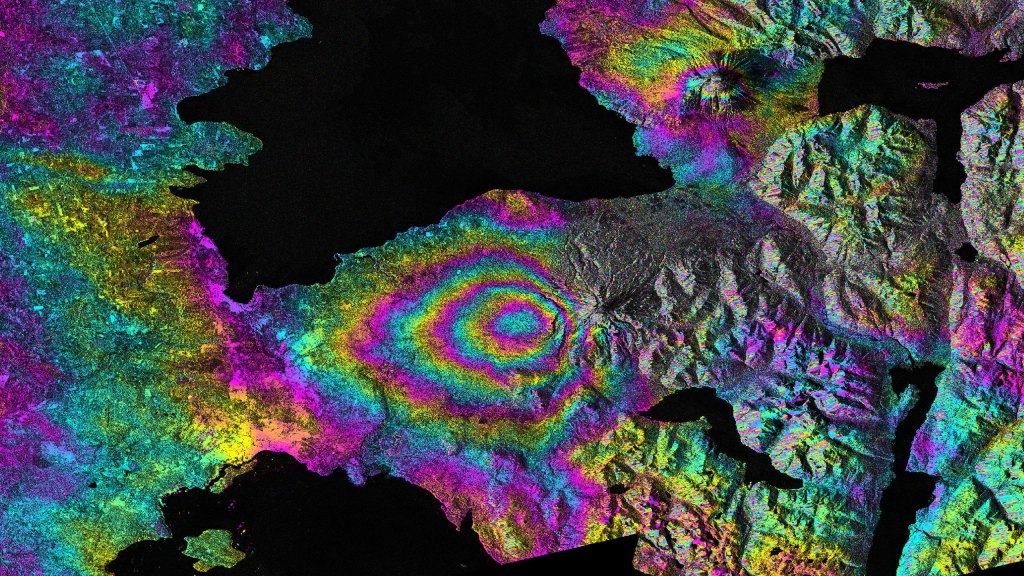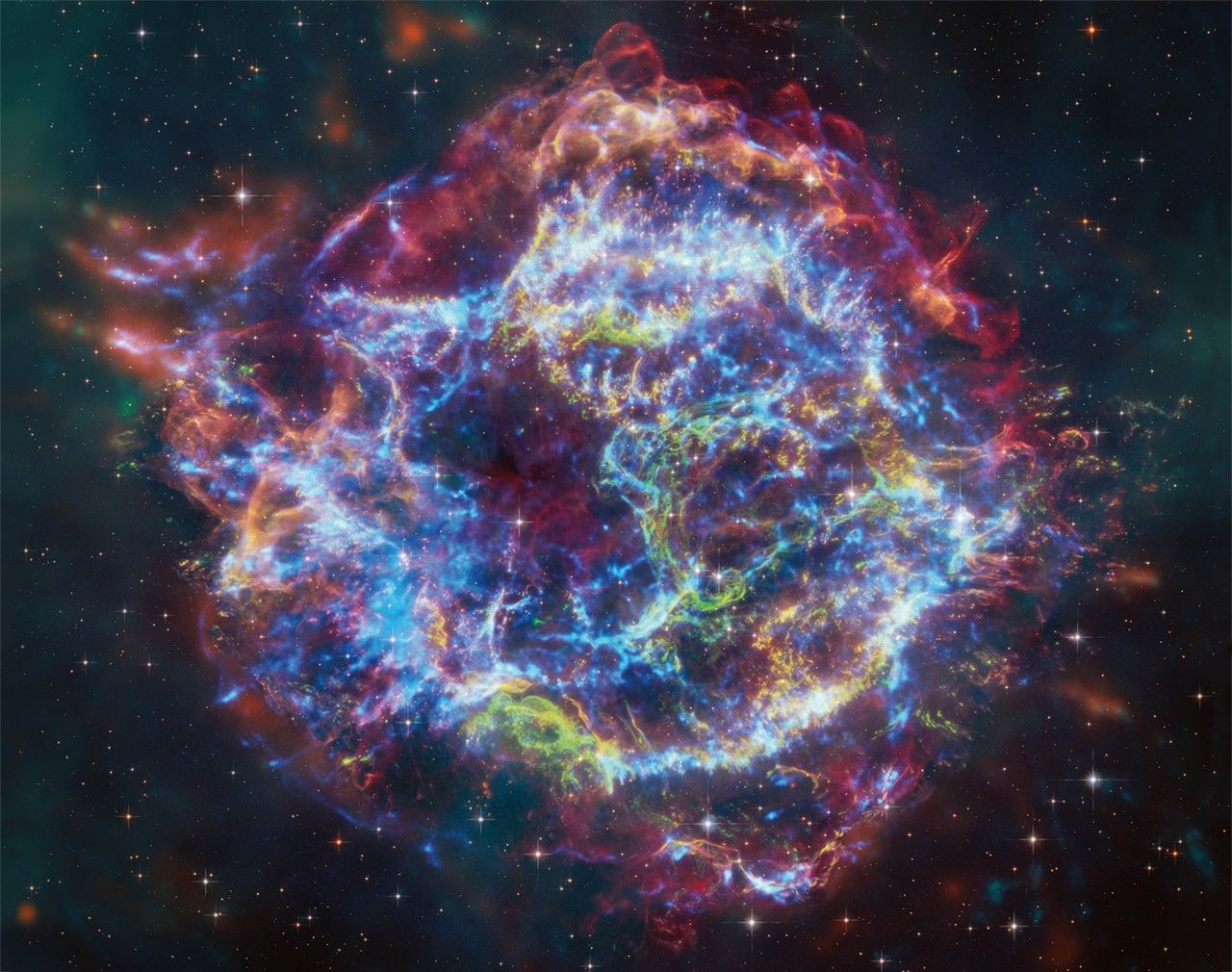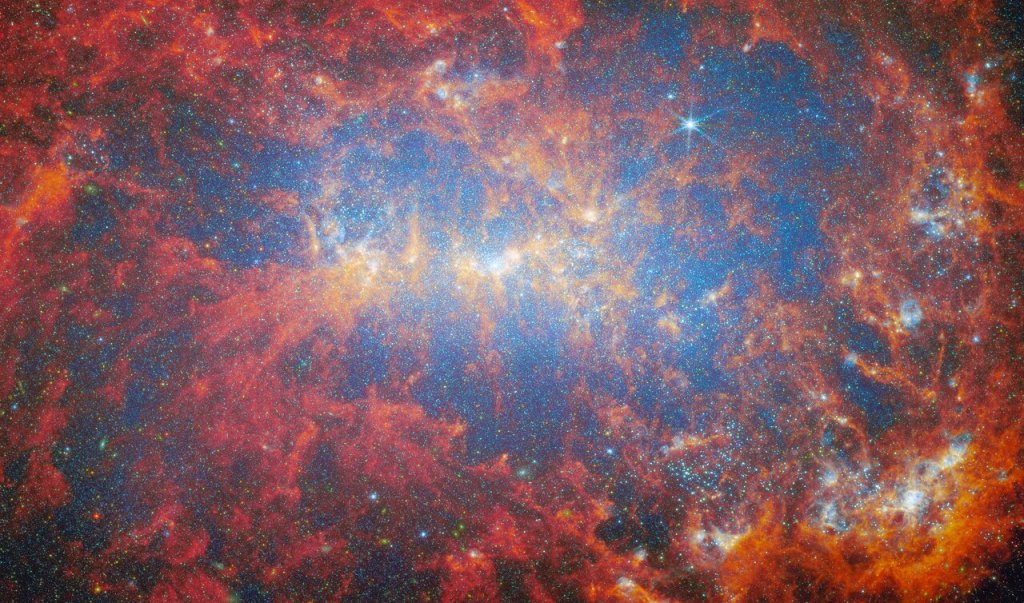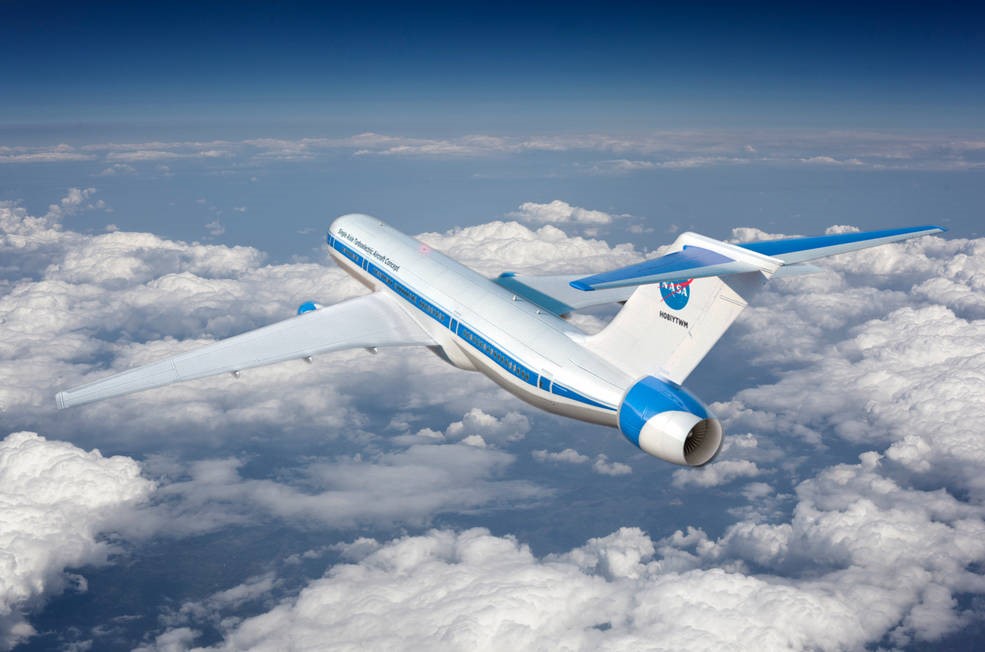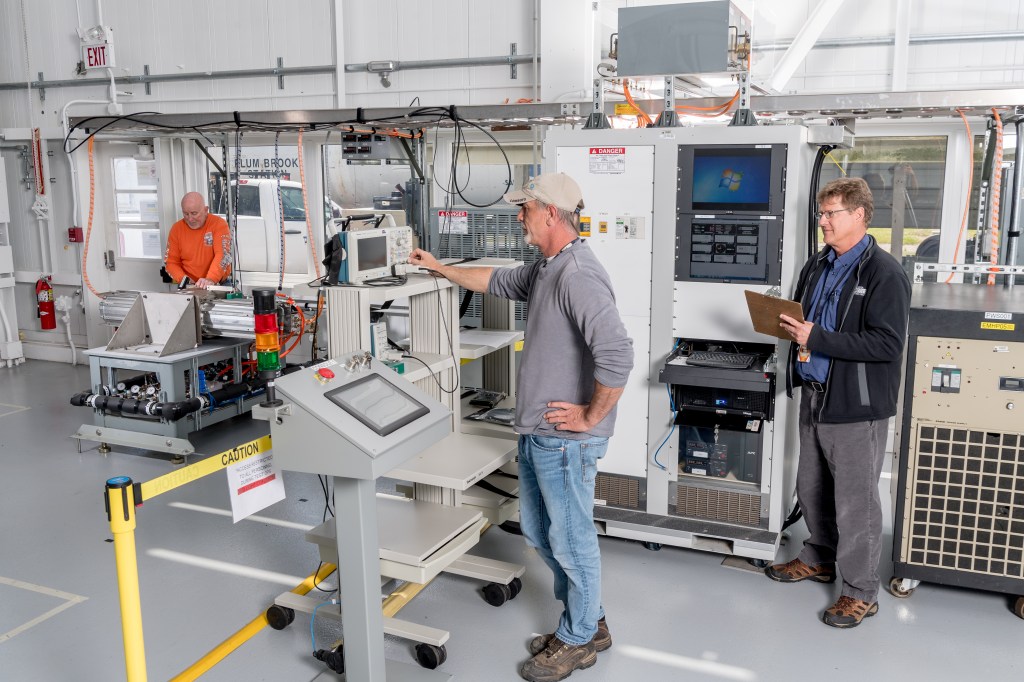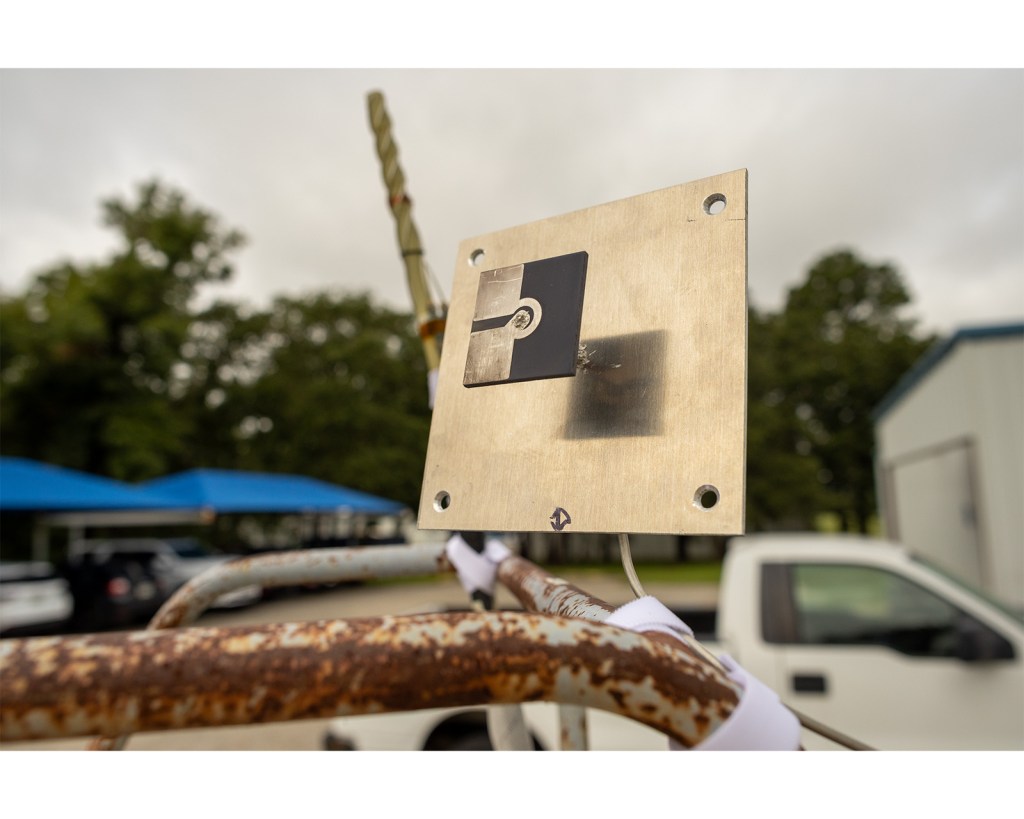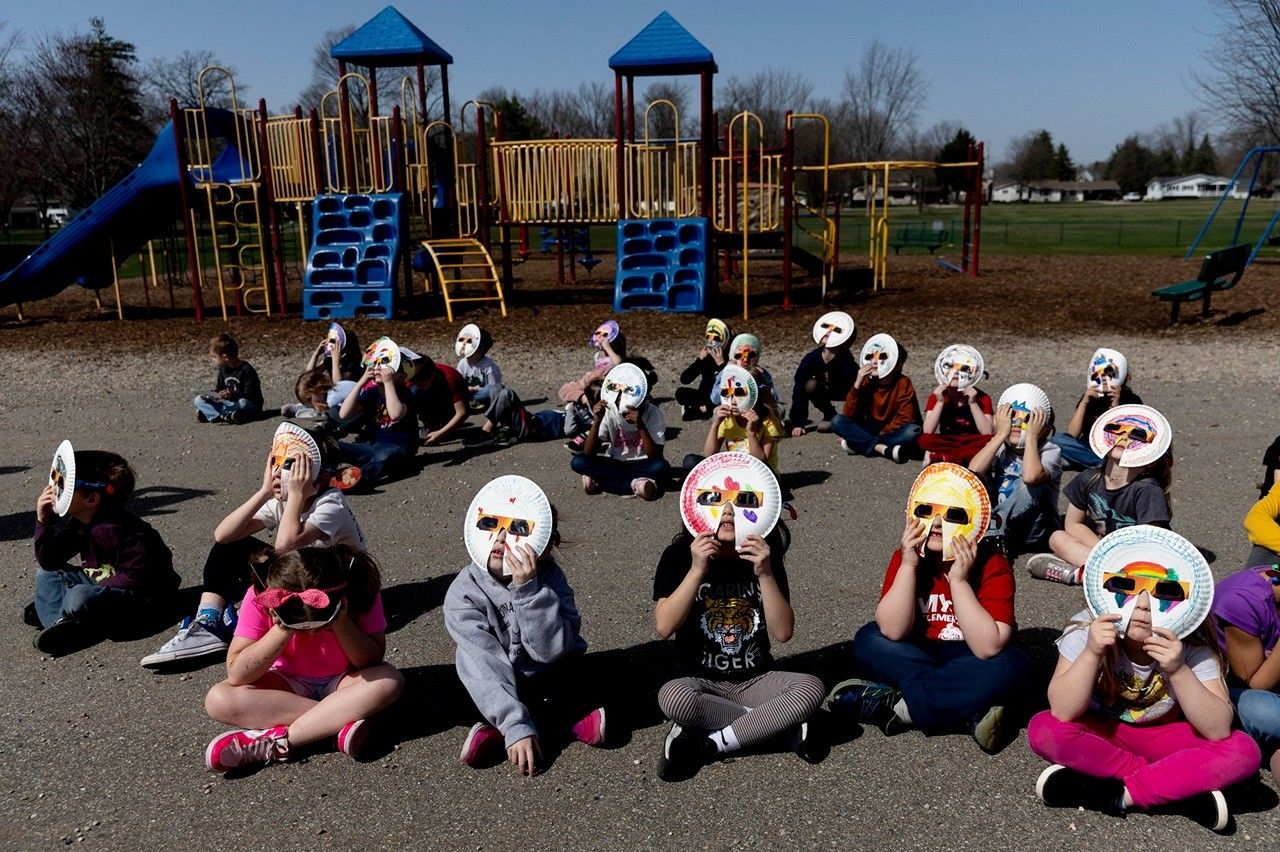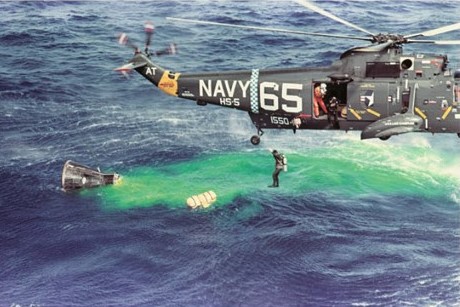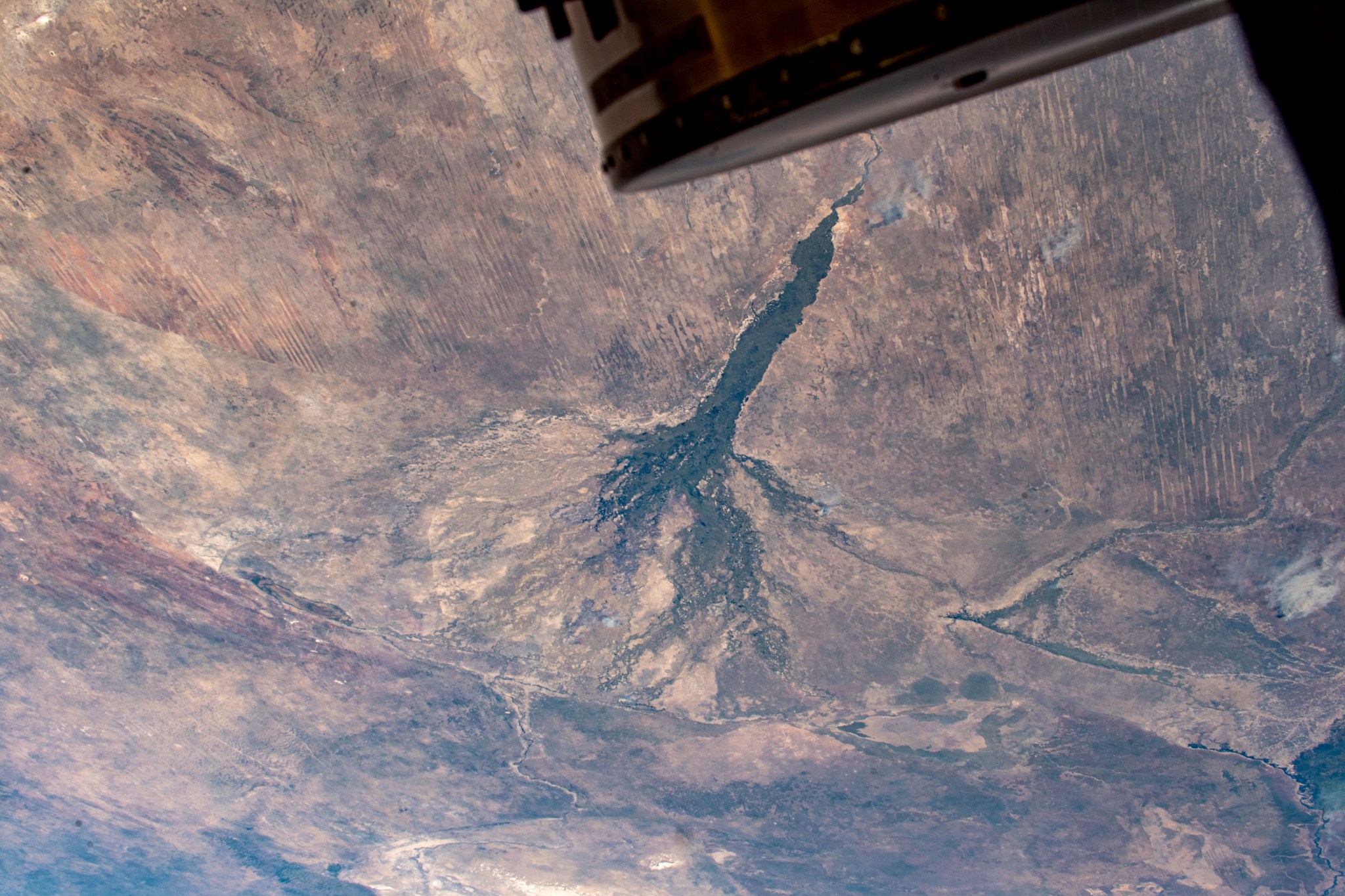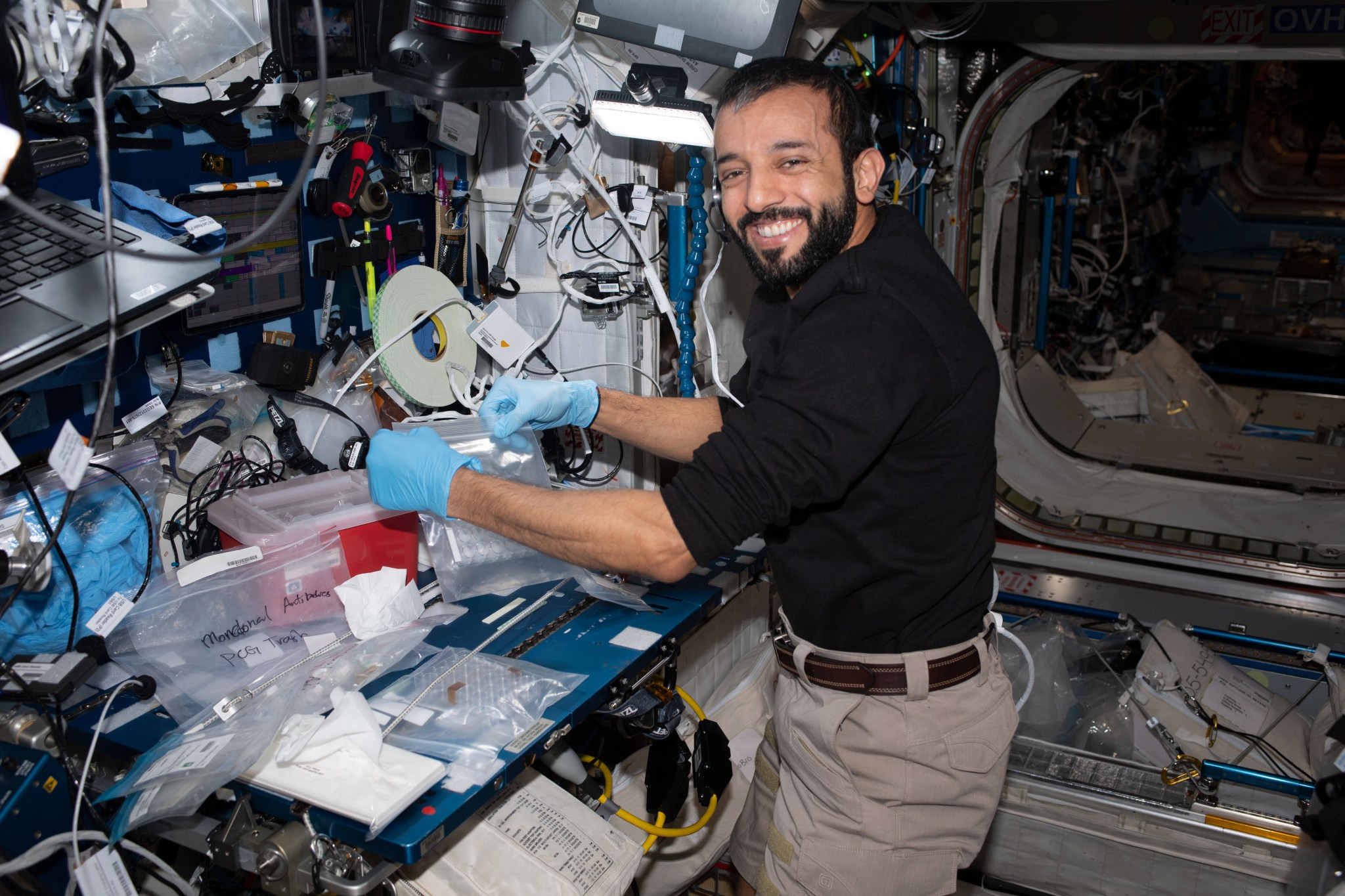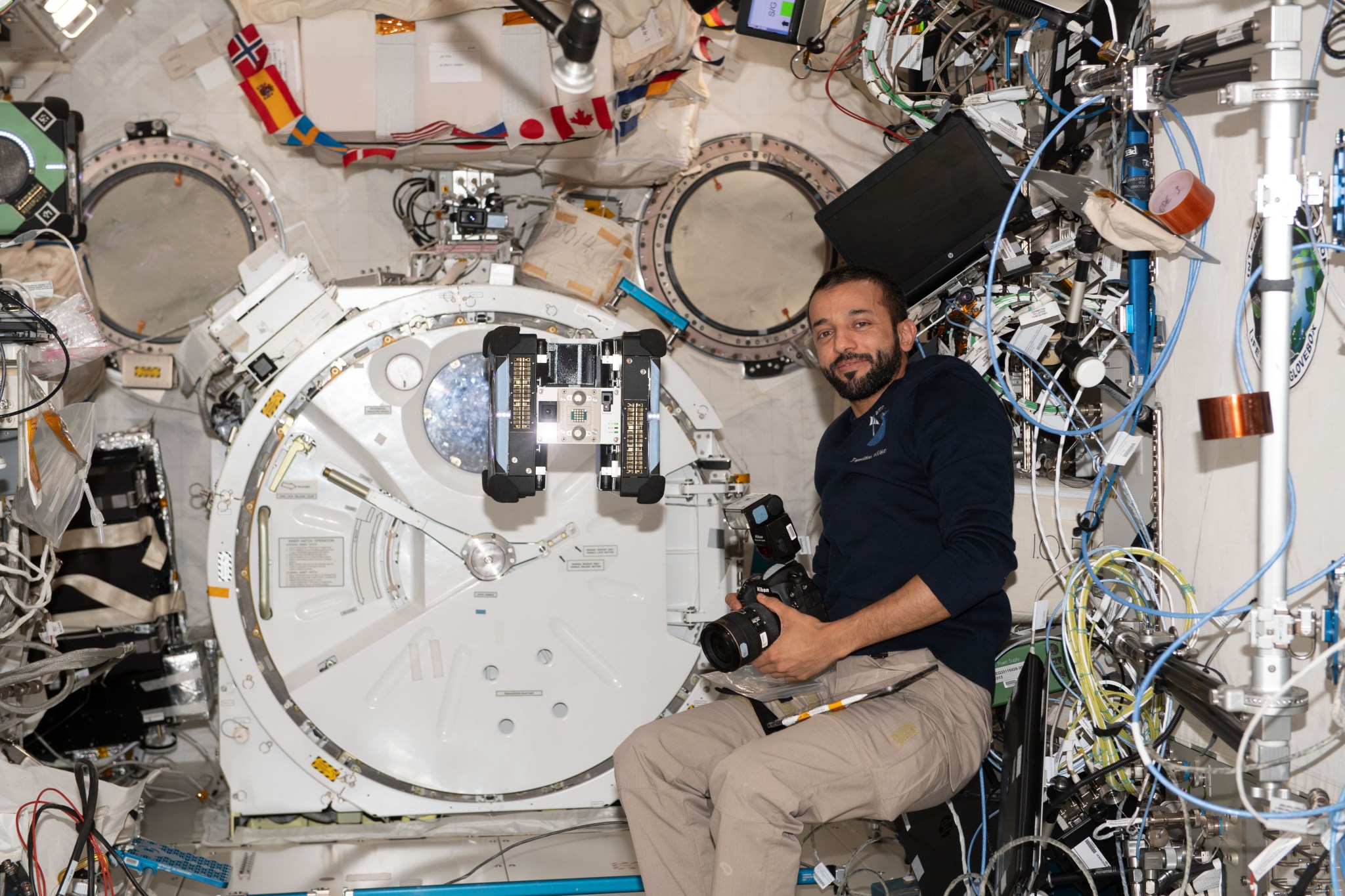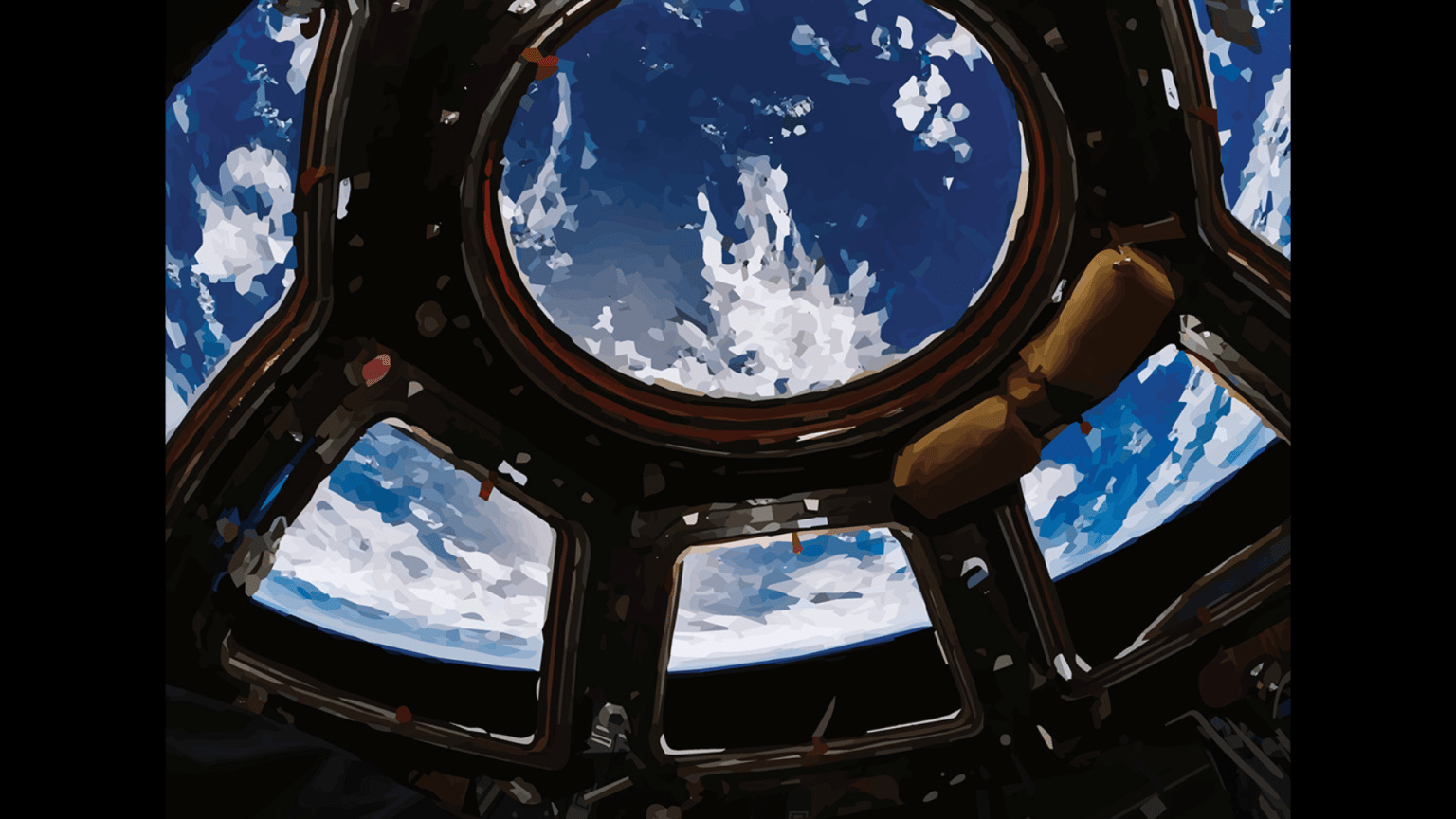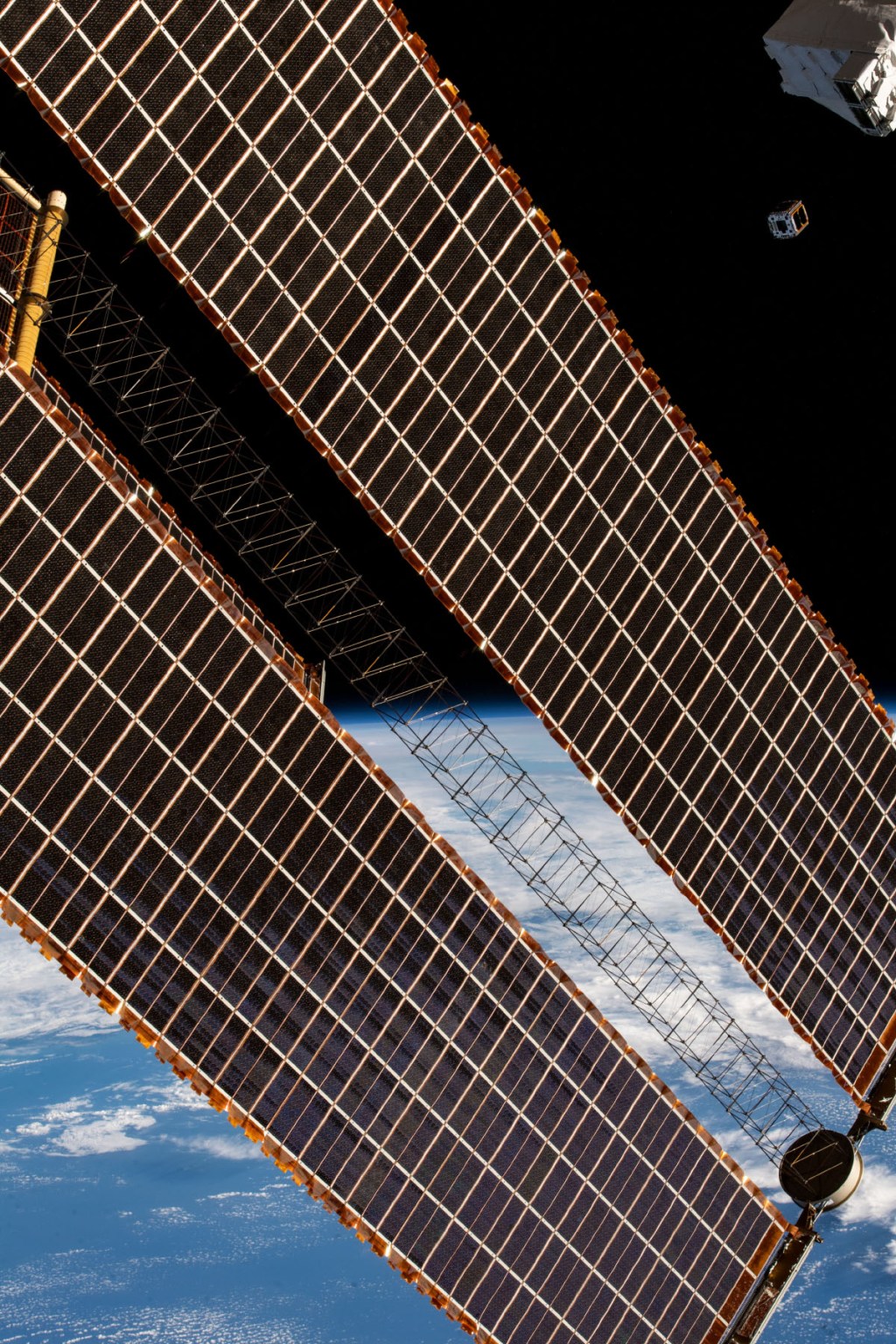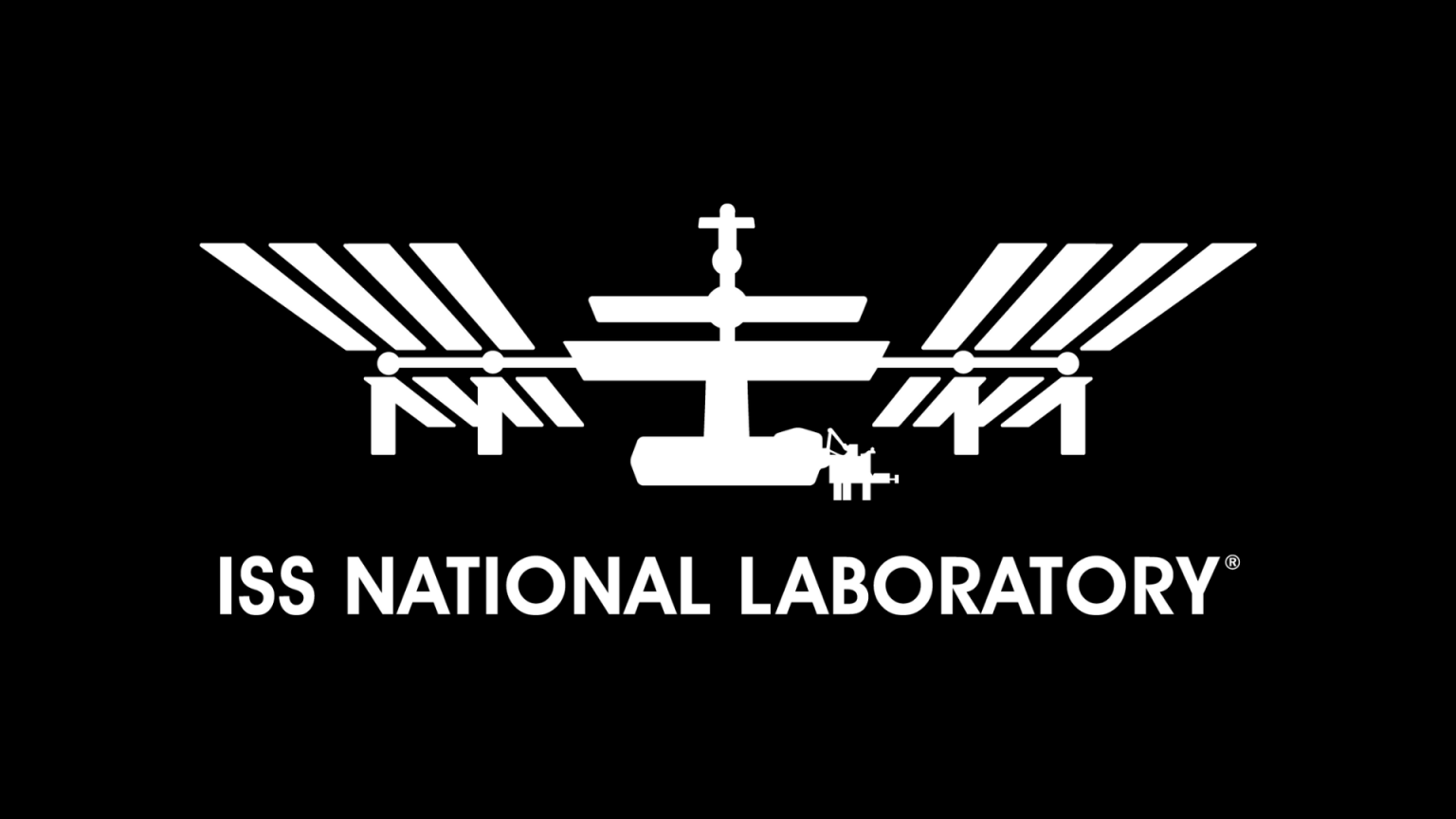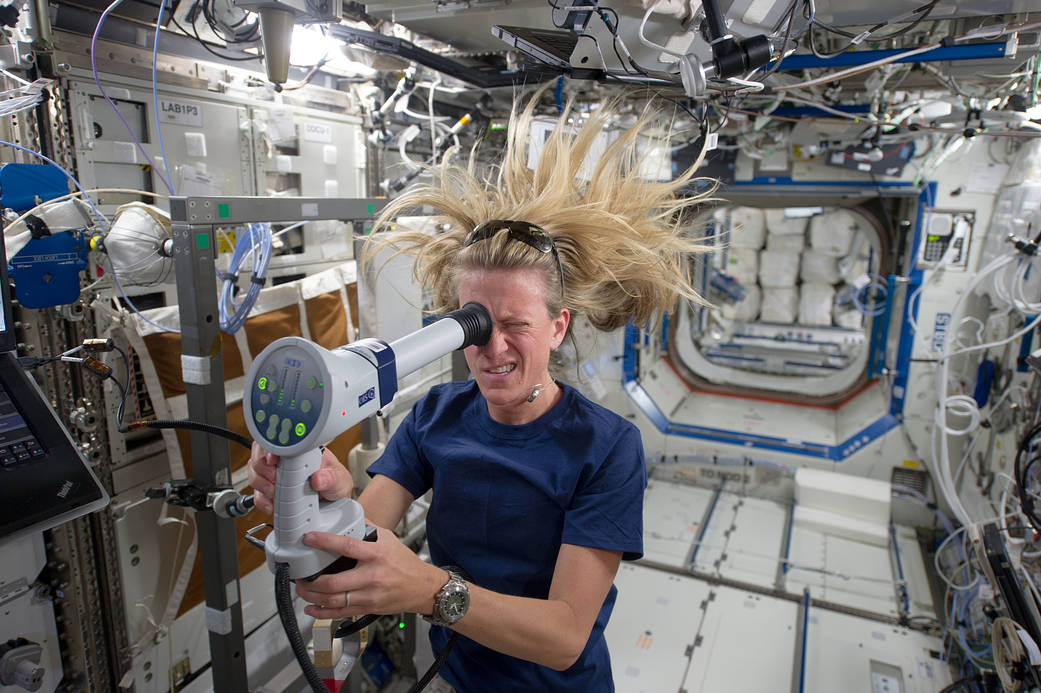Crew members aboard the International Space Station conducted scientific investigations during the week of May 29 that included assessing monoclonal antibody crystals, applying software written by students to control free-flying robots, and examining the effects of spaceflight adaptation on blood pressure. The 28th SpaceX commercial resupply services (CRS) mission scheduled to launch on Saturday June 3 brings new scientific experiments and technology demonstrations for the crew to conduct.
Here are details on some of the microgravity investigations currently taking place aboard the orbiting lab:
Targeting Cancer with Crystals
Monoclonal Antibodies PCG, sponsored by ISS National Lab, assesses the crystallization of various therapeutic monoclonal antibodies, lab-created immune system proteins designed to interact with specific targets such as cancer cells. Microgravity enables production of higher quality crystals, and this investigation could support development of drugs with reduced cost, improved stability, and greater ease of administration. Results also could enable development of an improved crystallization process on Earth. Crew members loaded protein crystal growth cards into the hardware for investigation operations during the week.
Student Robot Challenge
For the Kibo Robot Challenge 3 from JAXA (Japan Aerospace Exploration Agency), students create software to solve various problems using NASA’s Astrobee and JAXA’s Internal Ball Camera free-flying robots. JAXA hosts this program in cooperation with NASA to provide students with opportunities to learn cutting-edge methodologies in science, technology, engineering, and math. The experience could inspire the next generation of scientists, engineers, and leaders. During the week, crew members set up the robots in preparation for the challenge.
Assessing Blood Pressure Regulation
Space causes changes in cardiovascular, respiratory, and musculoskeletal systems that can affect an astronaut’s ability to exercise and to maintain blood pressure when standing after return to Earth. An investigation from CSA (Canadian Space Agency), CARDIOBREATH studies the combined effects of cardiovascular and respiratory adaptations on blood pressure regulation during spaceflight. Results could provide a better understanding of the mechanisms behind these adaptations and support development of ways to assess their effects on blood pressure before and after spaceflight. Crew members conducted measurements for the investigation during the week.
Other Investigations Involving the Crew:
- Ring Sheared Drop-IBP, sponsored by the ISS National Lab, studies high-concentration protein solutions and tests computer models for predicting their behavior. Results could enable production of next-generation medicines and improve in-space manufacturing and 3D printing.
- Space Health, an investigation from CSA, uses the wearable Bio-Monitor system integrated with the automated Artemis platform to assess the effect of space travel on heart health. Automated monitoring systems are needed as future missions travel farther from medical support.
- Immunity Assay, an investigation from ESA (European Space Agency), monitors how spaceflight affects immune function using a newly developed process that can be done during flight. Results could support development of countermeasures for immunological issues during long-duration spaceflight.
- SoFIE-GEL, part of a series of studies that examines burning in microgravity, measures heating in a fuel sample to determine how fuel temperature affects material flammability. Results could improve crew safety on future missions by informing selection of fire-resistant spacecraft cabin materials, validating flammability models, and supporting development of fire suppression techniques.
- Zero T2 examines the effects on bone, muscle, and aerobic health and performance when crew members do not exercise on a treadmill during flight. Results could help determine whether other exercise regimens are adequate to maintain physical health on future missions.
John Love, ISS Research Planning Integration Scientist
Expedition 69

